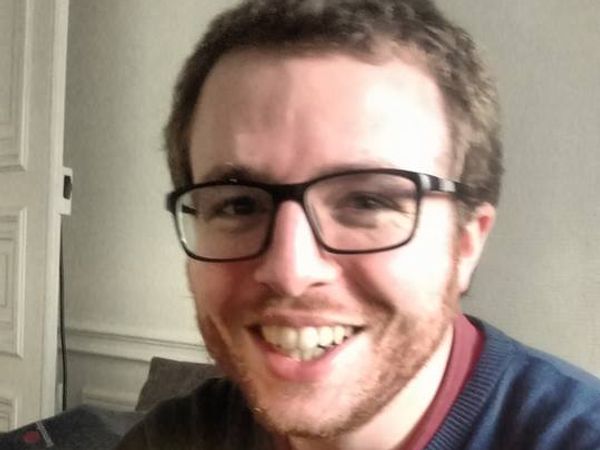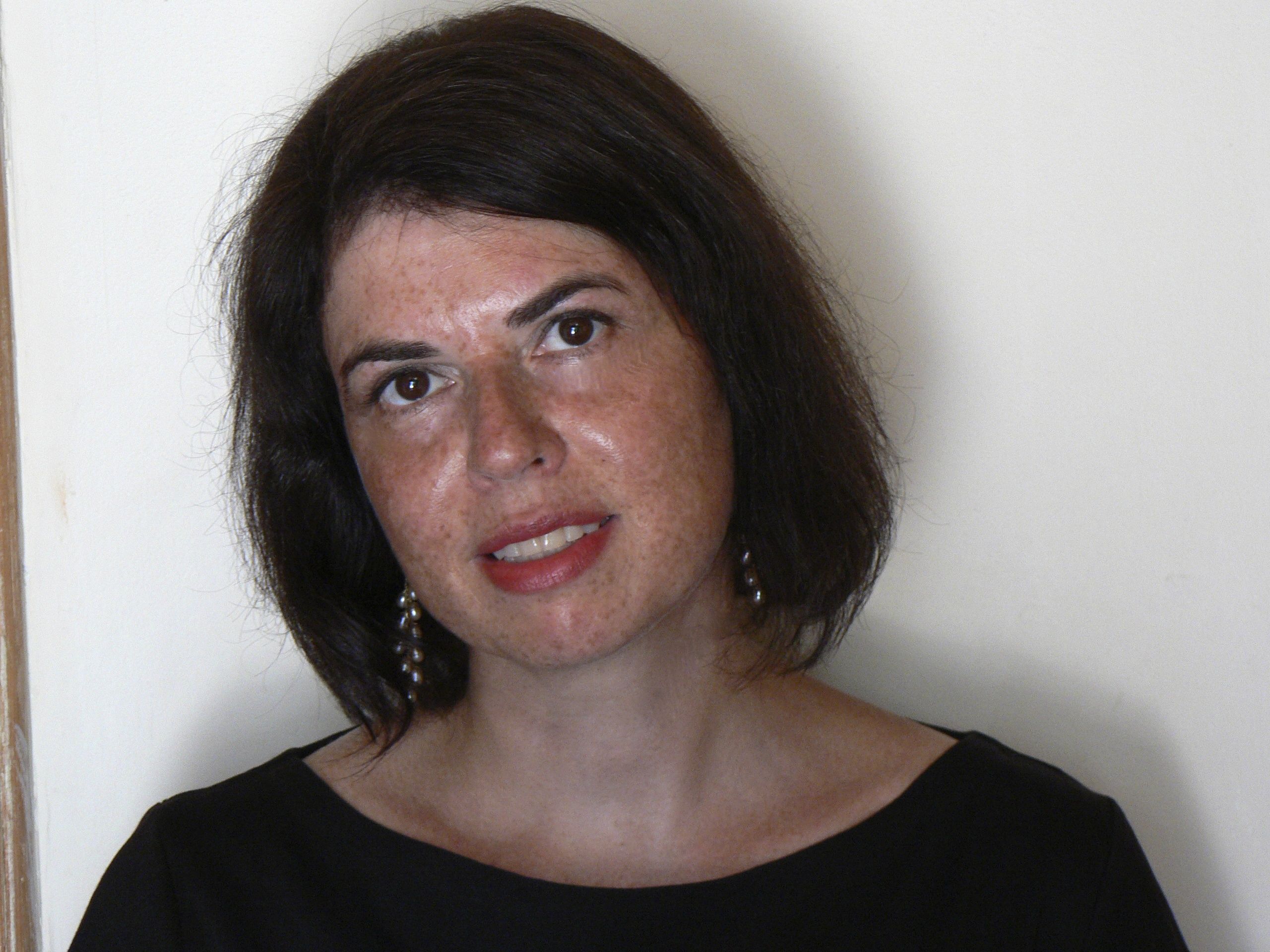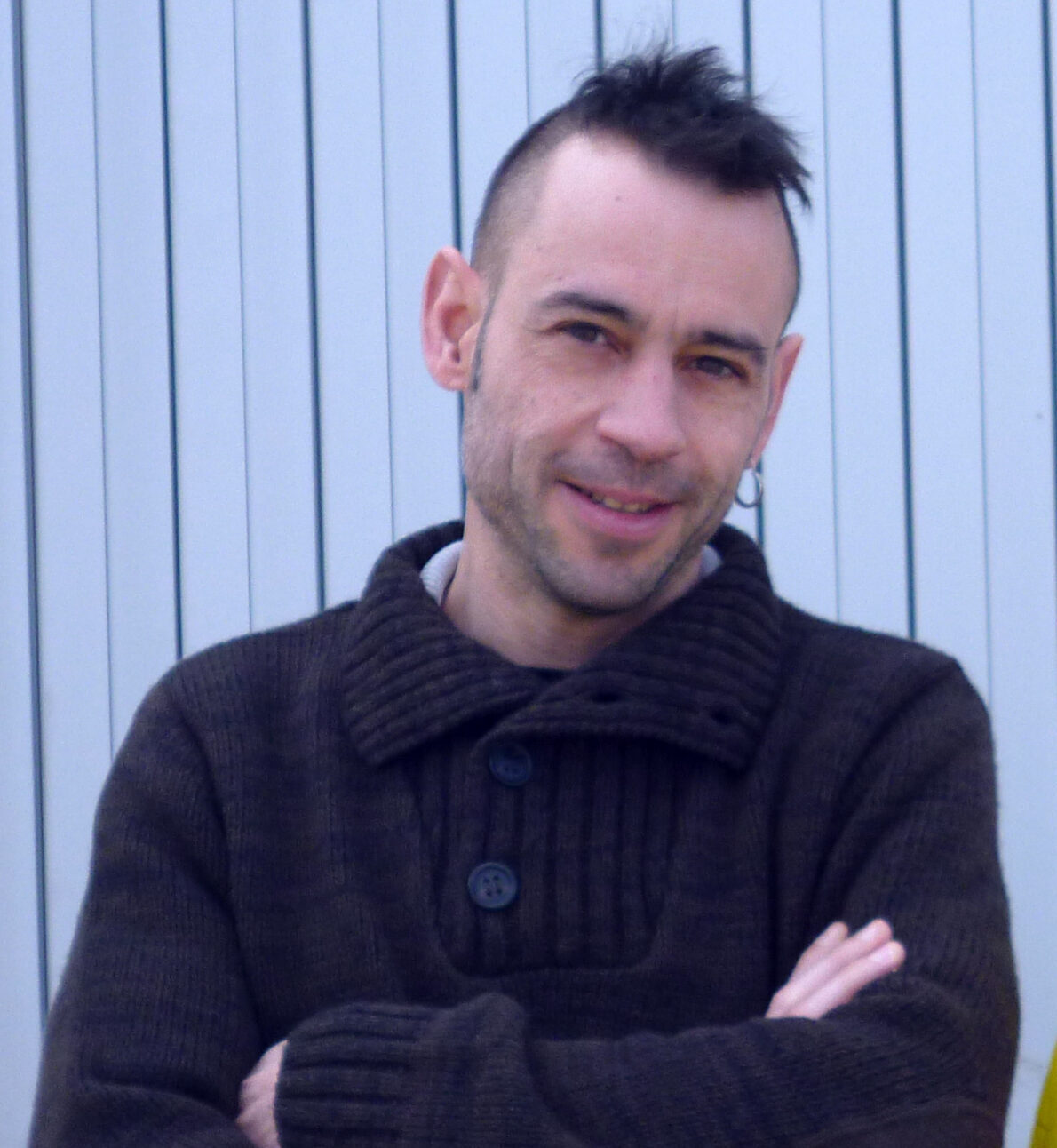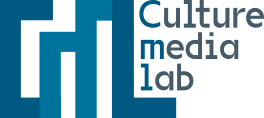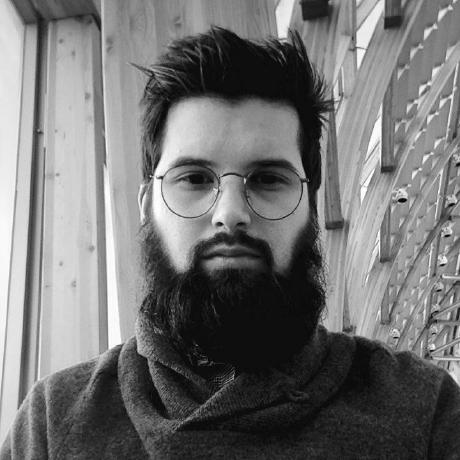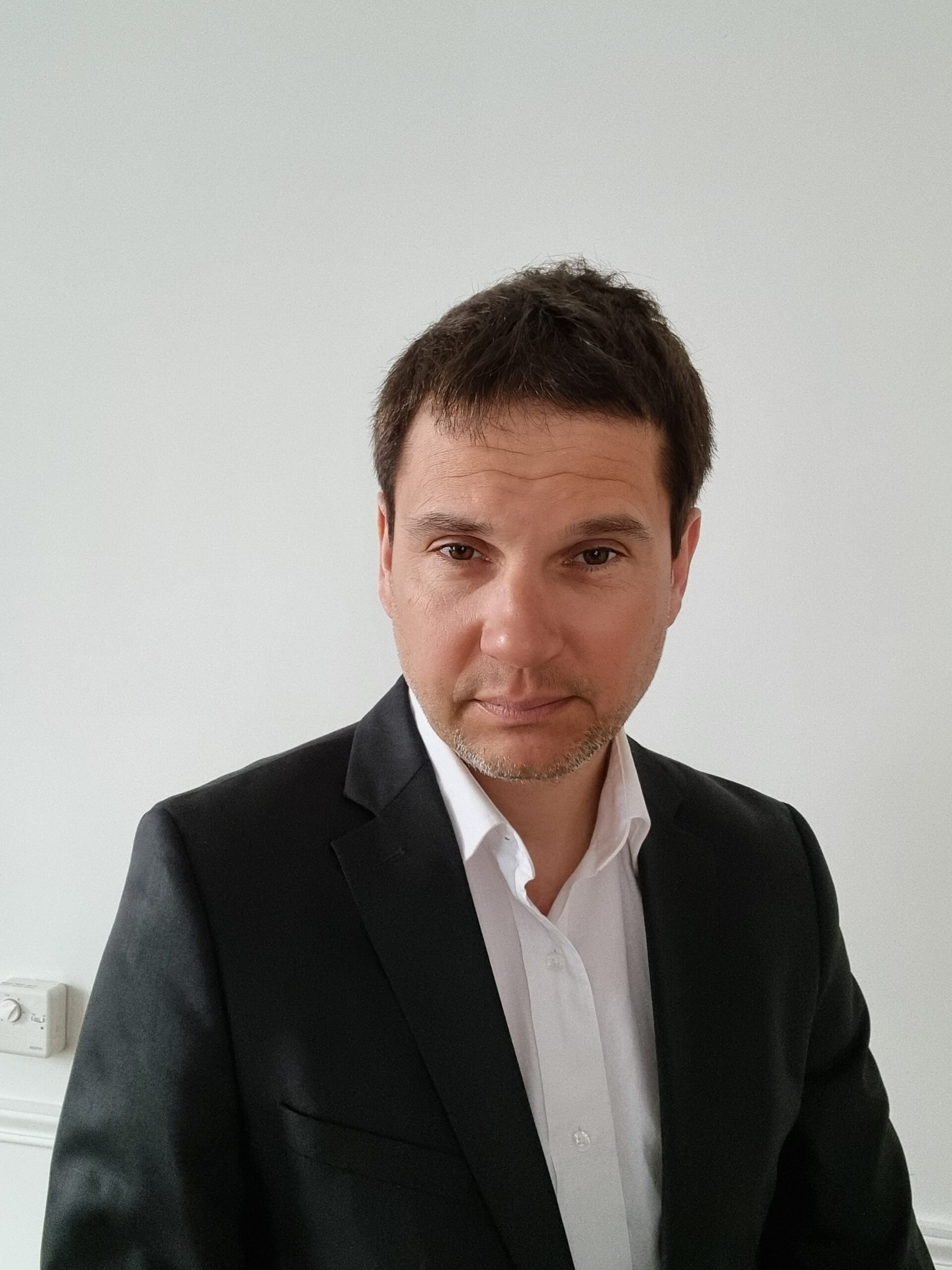Elie Petit: Can you introduce yourself?
Antoine Courtin: I joined the University of Paris Nanterre in 2017 as an associate lecturer. This is a rather special position that allows the university to offer students to have people from professional backgrounds as teachers. MASTs, as they are called by acronym, are not required to have a thesis, but are grounded in professional experience in the field that the other faculty members teach. This contract lasts for a period of three years and is renewable. It is within this framework that I participate in the pedagogical offer of the Master DEFI, for Electronic Documents and Information Flows, which is one of the three masters in Information-Communication offered by the University of Paris Nanterre (https://master-defi.parisnanterre.fr/).
EP: Where do you practice besides the university?
AC: My teaching and research are not, as I said, my main activity. For the past year and a half, I have been in charge of digital projects in the public institution that includes the Musée d’Orsay and the Musée de l’Orangerie. I am involved in setting up all aspects of documentary computing, communication, and digital publishing for the future resource and research center on 19th century art that will open in 2027. It was in the prefiguration of this project that I joined the institution. Previously, I worked for six years at the Institut national d’histoire de l’art (INHA) as head of the digital research department.
EP: What is the content of the courses you propose to students?
AC: I am currently teaching several courses to Masters 1 and Masters 2 students in the framework of the DEFI master. These courses are grouped under the banner “Nature and structuration of information” for the first year with more specific aspects around documentary languages. In Master 2, the first course is entitled “Information governance – Quality and archiving”. It deals in particular with what is known as record management, electronic archiving, but also open data, as well as the question of data quality and trust in this data. At a time when data seems to be a new Eldorado, we see what information governance can be and the changes that are at work. A third course looks at data analysis and the contribution of data visualizations in a dual approach, theoretical and practical, i.e. the visual representation of data.
EP: Do you participate in other activities of the Infocom department?
AC: In collaboration with Antonin Segault, Marta Severo, Dario Compagno and Camille Claverie, I am one of the people who intervene during the MIP seminar (Module Innovant Pédagogique – link to the other page). Last year, we based our work on an extraction of tweets about the European elections provided thanks to the archiving or rather the collection made by the INA. It is within this framework that I took charge of a group that was interested in the communication of politicians on issues related to the European Commission. Starting from this corpus of tweets, we carried out statistical and linguistic analyses, accompanied by methods of visual representation, in order to mobilize the skills acquired during the various courses.
EP: What are your working methods? Do you work with the groups intensively?
AC: The hackathon is a very interesting working method for this kind of particular project. I only use it during the MIPs. Otherwise, the courses are spread over 3-hour classes spread over 12 weeks. I set up a lot of practical exercises so that the students are quickly confronted with the manipulation and analysis of data. Because in this field, you can only learn properly by doing. Of course, there is a theoretical part and exposure to good data practices. But there is nothing like being confronted with an Excel file to be cleaned, consolidated, and augmented with third-party data such as Wikipedia, Wikidata, or other repositories, in order to carry out a relevant analysis, notably through data visualization. In addition, in M2 DEFI, still in collaboration with Antonin Segault, Camille Claverie and Cécile Payeur, students carry out an end-of-study project in groups on a topic proposed by one of the teachers.
EP: For this MAST position, are you required to have a research activity within the Dicen-IDF laboratory?
AC: Any MAST should be involved in a research activity related to the laboratory. Personally, I collaborate with colleagues who are part of the Dicen-IDF (https://www.dicen-idf.org/), particularly on the issue of digital humanities, at the intersection between information-communication and the world of cultural institutions (archives, libraries, museums). In this context, I have collaborated on projects and published several articles on HAL, an open archive platform (https://cv.hal.science/antoine-courtin). Finally, I coordinated an issue of the journal Histoire de l’art devoted to digital humanities applied to art history, a review of which was recently published in the journal Humanités numériques, a publication of the association Humanistica (https://journals.openedition.org/revuehn/3250)
EP: How does this position feed into your professional experience and how, in return, does your professional experience feed into your teaching experience?
AC: It’s a connection that I particularly appreciate. I find it an extremely rich experience, because it forces me, year after year, to update my knowledge about data, its intellectual and legal panorama, as well as the tools at our disposal to use it, which change almost every six months. For example, the extraction of tweets is dependent on the Twitter API, which has changed its terms of use many times over the last few years. We always want to be up to date in order to provide the most up-to-date education to students. And my professional position also allows me to address very practical cases that I see on a daily basis to turn them into case studies for the students.
EP: It is increasingly recognized that data carries with it major societal and democratic issues. How do you address this in your courses? It is also becoming increasingly important in communication and content creation.
AC: There has been an acceleration in recent years on the issue of open data, data visualization, artificial intelligence, etc. But all this is part of a broader context of social change. But all this is part of a long history: for example, data visualization did not appear with data journalism, which has been very fashionable for the last ten years, but there are ancient traces of it, with a boom at the end of the 18th and 19th centuries, notably with major figures such as William Playfair, Florence Nightingale, Joseph Minar, etc. Even the methods that are currently being implemented are part of a history of fairly ancient practices. I insist on the fact that data is not magic. It is important, especially in the age of AI, to be aware of the ethical issues of data, digital labor, etc. The idea is really to sharpen a critical aspect towards the transformation of society with the emergence of huge bodies of data. One of my courses, in this sense, is about data quality and trust in data, as I said earlier. We have been asking ourselves these questions for 200 years. Data is not neutral. In this respect, the work of an American researcher, Joanna Drucker (LINK), can shed some light on the subject. She proposes to use the notion of capta rather than data, which would be more faithful to its origin and its use, i.e. information captured at a given moment, always with a predefined aim.
Liens
• https://master-defi.parisnanterre.fr/
• https://journals.openedition.org/revuehn/3250
Mots-clés
Last news
